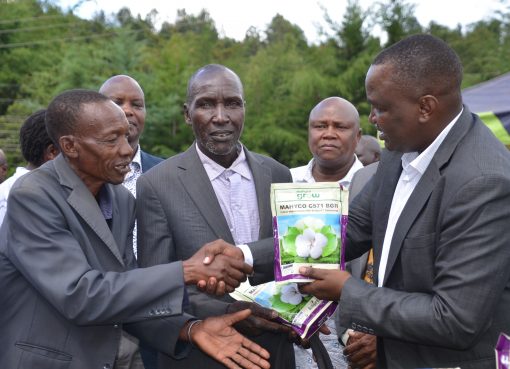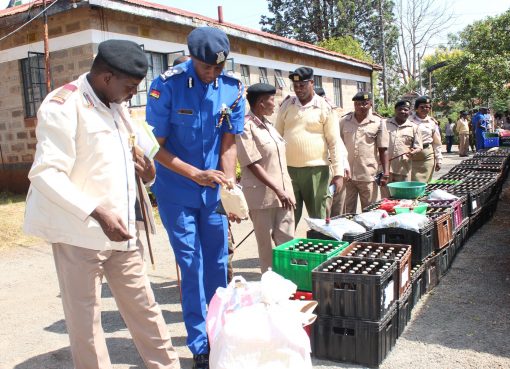Kenya’s import bill on food has now hit Sh.201 billion occasioned by a drop in local production of foodstuffs as the country battles the worst drought in decades.
The country’s huge import bill has reduced the dollar inflows pressuring the shilling against the dollar, affecting the cost of local farm produce.
Currently, more than four million Kenyans are facing starvation, a number which continues to rise by the day even as government and non-state actors continue to offer relief food across the country.
According to official data from the Kenya National Bureau of Statistics (KNBS), the country import bill on food stood at Sh183.93 billion in 2022 as compared to Sh155.42 in 2021.
Speaking to KNA, Dominic Menjo, a Food Security Advisor in the Office of the President, says the high bill has been driven by the high demand of edible oils, rice, white sugar and wheat due to their low production locally.
Menjo said: “As a country, we are currently importing 84 percent of our locally consumed rice and over 90 percent of edible oils and the government seeks to boost their local production to arrest the rising bill.”
KNBS data shows that last year, the country’s import bill on wheat stood at Sh54.94 billion, rice Sh26.94 B, maize Sh20.71B and white sugar at Sh19.12 billion.
The government has opened a six-months window period for importation of duty-free maize to avert a looming shortage crisis and cushion Kenyans from rising cost of maize flour products.
The government has also recently rolled out several interventions to turn around the fortunes in the agricultural sector and ensure the country is food secure by scaling up local production.
To actualize this initiative, the President has activated registration exercise for farmers, rolled out fertilizer subsidy program with plans underway to construct 100 mega and 1,000 medium sized dams to transition from rain-fed to irrigation agriculture.
According to Menjo, the government intends to tap into modern farming technology to boost production and work closely with farmers to utilize their resources optimally.
Menjo said the move will help the country increase its export value chain targeting local products such as tea, coffee, avocado, other fruits and other produces.
“We target local value addition of our exports to benefit from their full value rather than exporting raw products to our market,” he noted.
Speaking during a stakeholders’ meeting with 15 County Executive Committee Members (CECM) from crop rich counties in Naivasha, Benjamin Tito, Director for Agriculture and Food Security said they have drafted strategies to boost productivity of the export market.
Tito said they are engaging with county governments to address capacity building of farmers and learn emerging market demands regarding quality and quantity of exports to international markets.
By Erastus Gichohi





